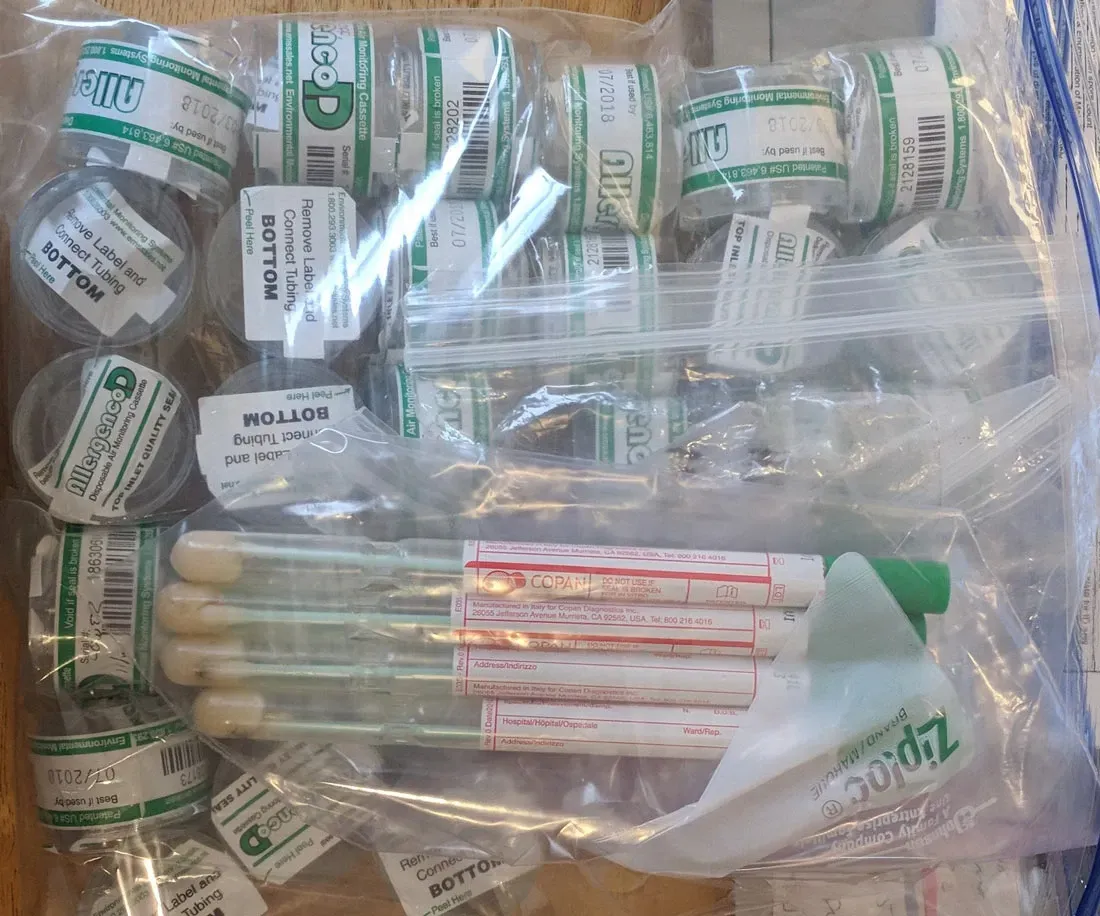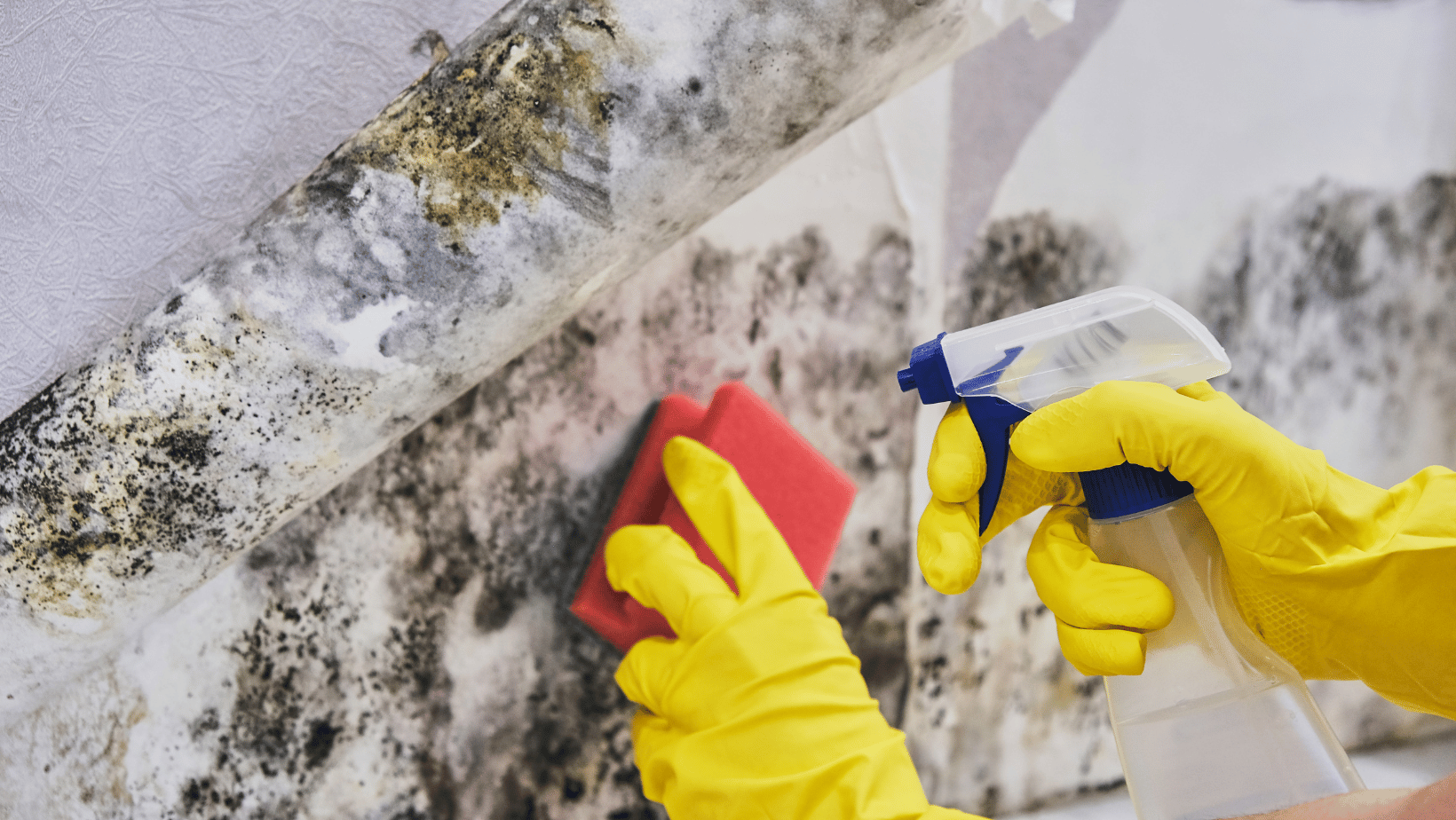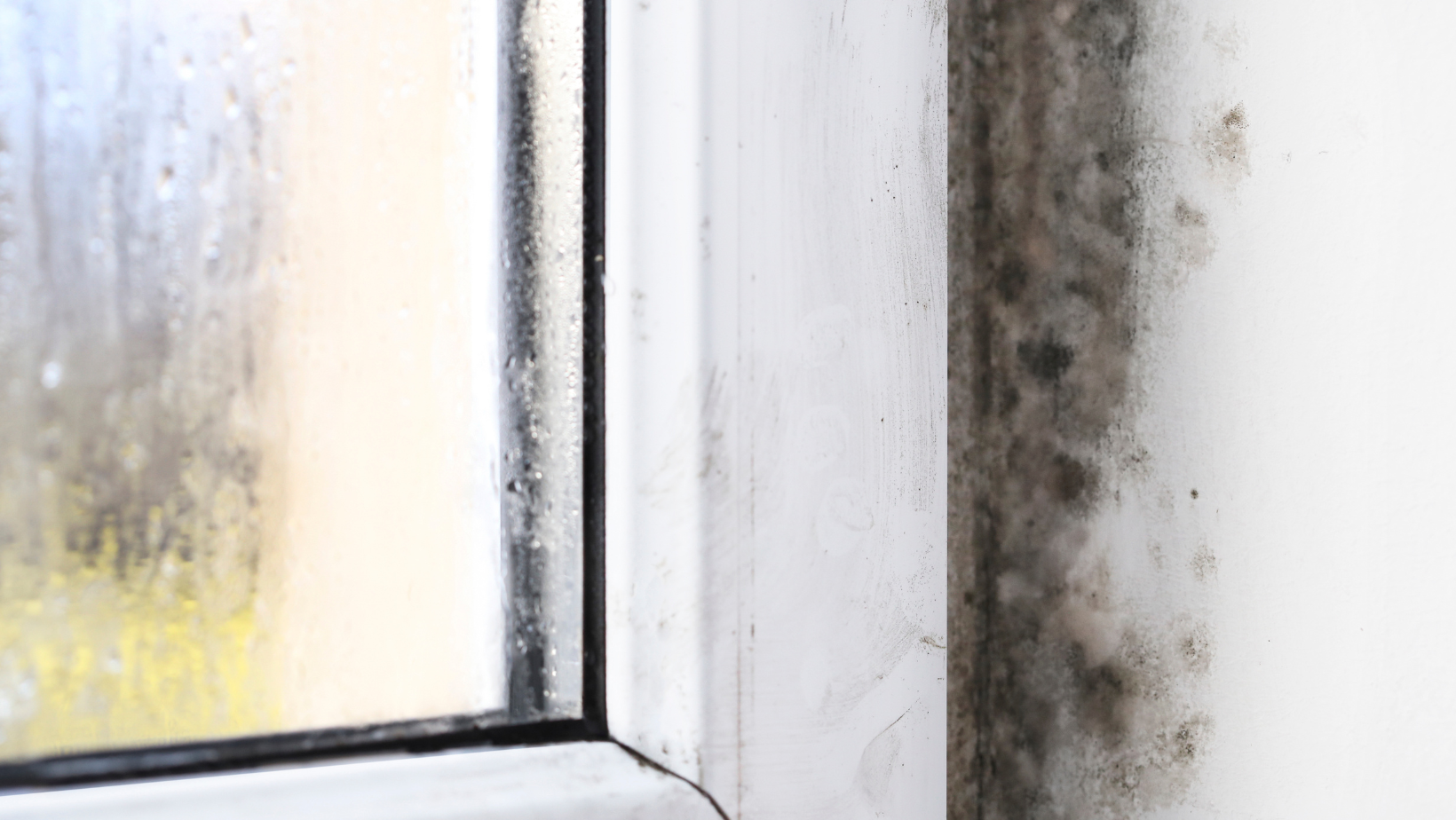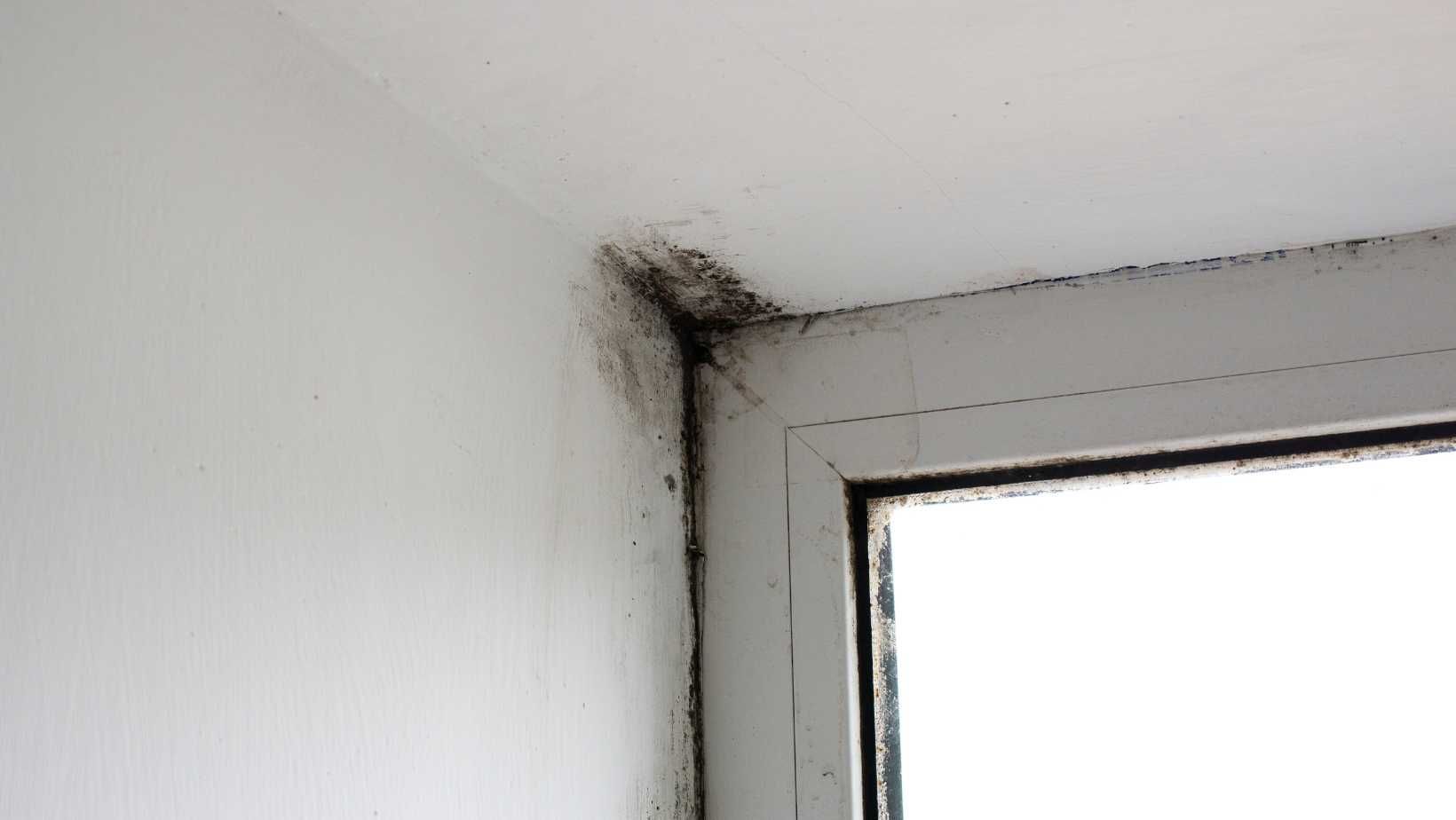Understanding the Problem of Mold in Baton Rouge, LA

Unfortunately, mold is a common issue for many homes and buildings throughout Louisiana. Many people do not know much about mold, which allows it to remain a significant problem. The more we know about mold, the safer and healthier our homes are because we know what to look for. Understanding mold growth is essential in ensuring your family's health.
How Common is Mold in Buildings?
Mold is pervasive in both residential and commercial structures. Factors like excessive moisture, leaky pipes, and flooding contribute to its growth. You'll commonly encounter types like Cladosporium, Penicillium, and Aspergillus. However, the frequency of specific molds can vary and isn't precisely documented. So, if you're concerned about mold in your Baton Rouge property, consider reaching out for a professional mold inspection in Baton Rouge.
How Does Mold Get Indoors and Grow?
Mold can make its way indoors through windows, doors, vents, and even HVAC systems. Once inside, mold spores seek out moist areas to grow. They love feeding on wet cellulose materials like paper, cardboard, and wood. Materials like insulation and drywall can also be conducive to mold growth. Thus, mold testing in Baton Rouge is essential to identify and tackle mold effectively.
How to Know if You Have a Mold Problem?
The most straightforward signs of a mold problem are visible spots and a musty smell. If you suspect an issue, your first step should be to consult a professional for mold testing in Baton Rouge.
Should I be Concerned about "Toxic Molds"?
While some molds produce mycotoxins, not all are harmful, and even those that are don't always produce toxins. Color is not an indicator of how dangerous a mold might be. Regardless, any mold should be removed; for that, professional mold removal in Baton Rouge services are highly recommended.
Can Mold Cause Long-Term Health Issues?
Some reports suggest that exposure to toxigenic molds can lead to rare health conditions. However, these reports are rare, and a direct link has yet to be established.
Why is Professional Mold Removal Necessary?
Professionals remove the visible mold and identify and rectify the moisture source. This comprehensive approach is crucial for long-term relief from mold issues.
What Does a Mold Inspection Involve?
A typical mold inspection in Baton Rouge would involve a visual assessment, moisture measurement, and sometimes, lab tests to identify the mold type and concentration.
If you're concerned about mold in your home or business in Baton Rouge, don't hesitate to consult professionals for mold inspection, testing, and removal. Mold can be more than just an aesthetic issue; it can pose potential health risks that should not be ignored. For expert mold inspection, testing, and removal in Baton Rouge, contact certified professionals who can provide comprehensive services tailored to your needs.
You might also like
DryMax Mold Blogs




